Top Doctors 2009: The Doctors Are In (Progress) : Boston Medical Students
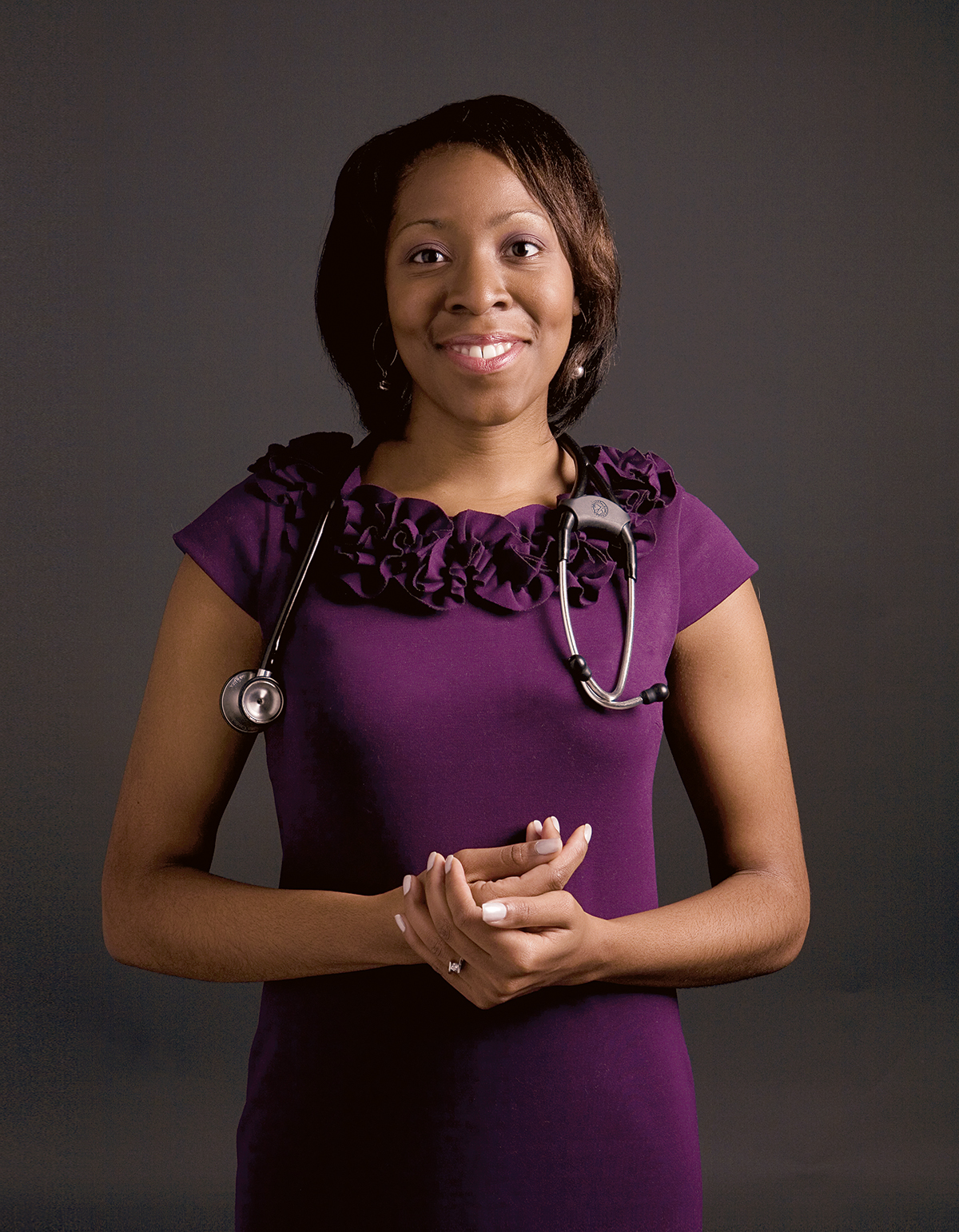
Photograph by Dana Smith
VENIS WILDER
Vitals: Fourth-year at Harvard, 25, from Fort Lauderdale, FL
Going into: Family medicine
Ten years from now: “A leadership role in the federal Office of Minority Health”
“I went to college thinking I was going to be a judge. But after my freshman year, my father and I both had to go to the county hospital, and we received the worst care possible. Maybe they were overworked, but the doctors and staff made us feel we weren’t wanted. And I thought, ‘This is unacceptable.’ That’s when I started premed. I doubt I’ll end up practicing full time. I want to transform communities to be healthier, and that extends way beyond the doctor’s office.”
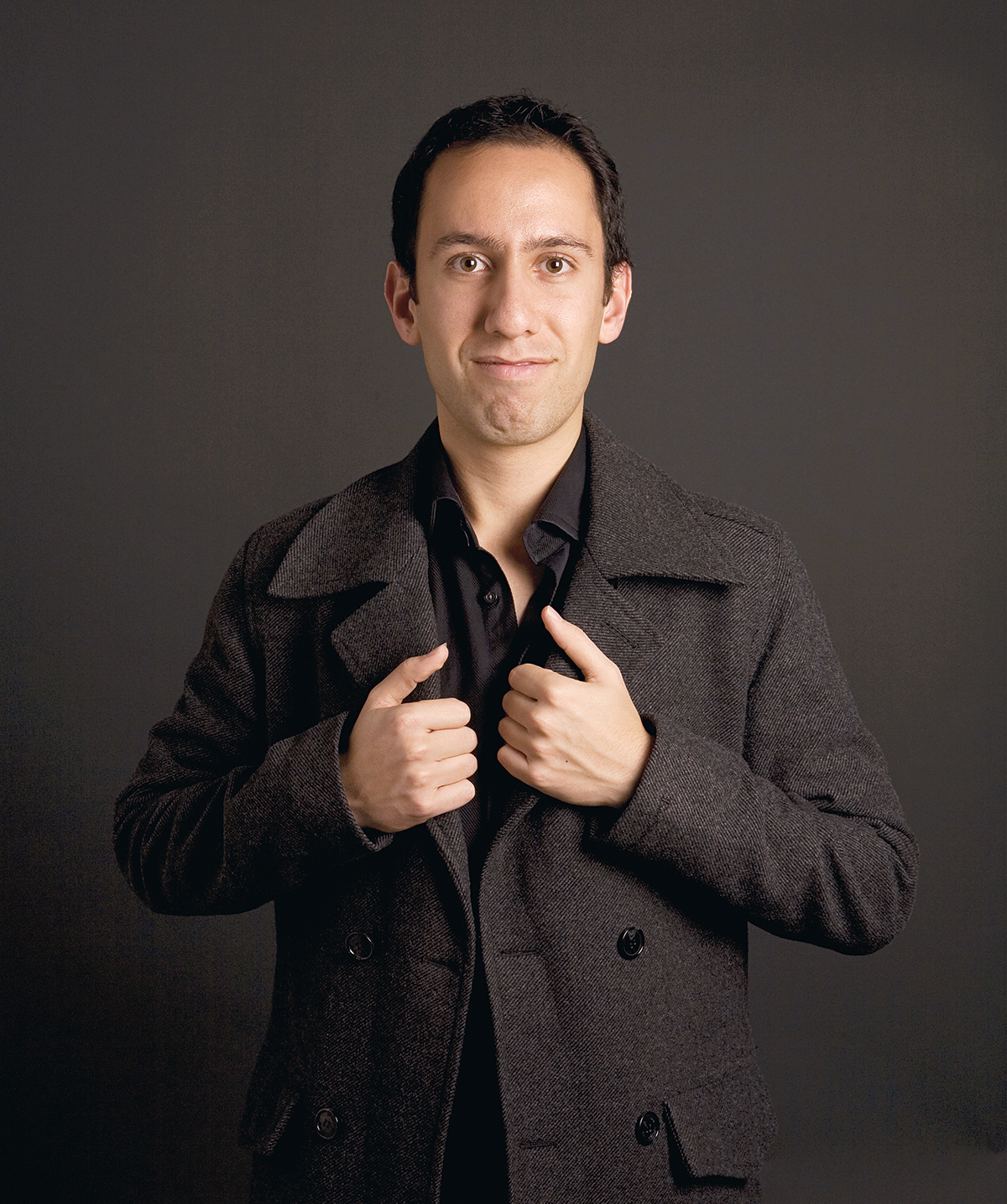
Photograph by Dana Smith
JUSTIN ZAGHI
Vitals: First-year at Harvard, 22, from Los Angeles
Going into: Surgery
Ten years from now: “A job at an academic institution where I can practice but do research on the side”
“When I was much younger, I was into the lab coat and the stethoscope in almost an arrogant, selfish way. But I’ve come to see that it’s really a privilege to be in this field. Health is the most central thing to our existence, and if I’m able to improve it, that’s the biggest gift I can give someone.
I’ve had a lot of experiences that have shown me how rewarding it is to do these kinds of humanitarian things. Right now I’m working with a friend in Ghana to try to establish a medical school there.”
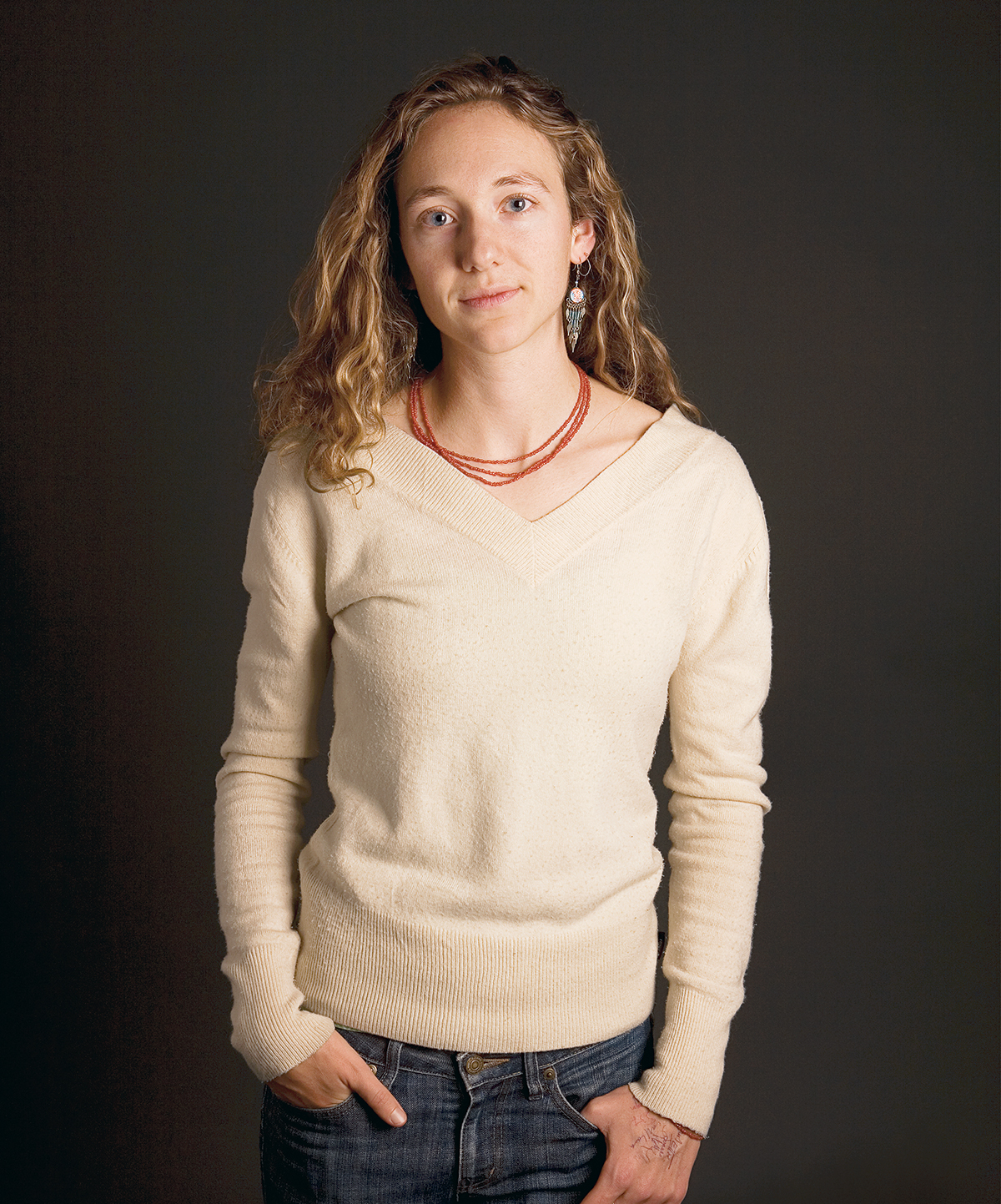
Photograph by Dana Smith
MARYA SPURLING
Vitals: First-year at Tufts, 23, from Islesford, ME
Going into: Primary care
Ten years from now: “Rural medicine in an underserved area”
“I became interested in medicine when my father, who’s a lobsterman, worked during the winters as a Spanish translator for doctors on missions to Ecuador. He started taking me along when I was 13. There’s a physician shortage, especially in rural areas, and Maine is primarily rural. I’m from one of the offshore islands, so as a kid I had to take a boat everywhere, including doctor’s appointments. The other problem was health insurance. Most people in my town are lobstermen, so they’re self-employed. When I was growing up, my family had very minimal health insurance and we had to count every medical bill. Was it absolutely necessary to see a doctor, or could we wait? It wasn’t a given for us.”

Photograph by Dana Smith
DORIAN JONES
Vitals: Third-year at Tufts, 24, from Detroit
Going into: Cardiology or internal medicine
Ten years from now: “Having a lot of patient interaction, but also figuring out how to integrate new technology and be on the cutting edge”
“I learn best when I’m in the hospital, visiting patients. I know what’s in the books, but I’m just starting to see it in real life, and everyone else I’m working with has years of experience. For our rotations, I chose to stay overnight a couple of times because there was so much happening, and there was a lot more time for the residents to sit with me and teach. In terms of patient safety, I understand the reason for limiting doctors’ work hours. But when I’m a resident myself, I’m going to want to stay at the hospital as long as I can.”
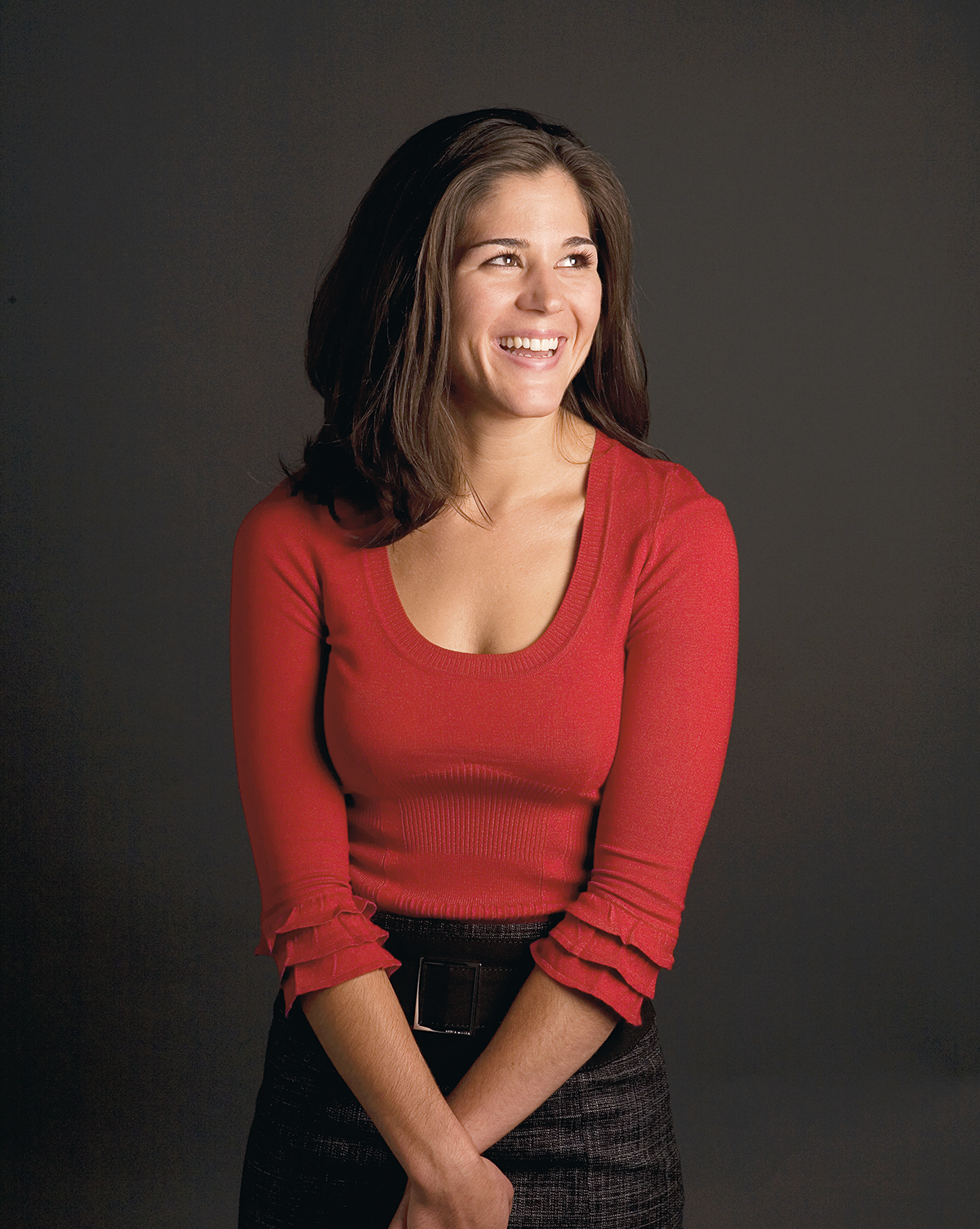
Photograph by Dana Smith
KATIE SPINA
Vitals: Fourth-year at BU, 27, from Denver
Going into: Undecided
Ten years from now: “Practicing medicine and starting my own lab”
“You can answer really interesting biological questions in a lab, but disease and health are about much more than cells that aren’t working properly. Some researchers will study a protein for 10 years, but ultimately, how is that going to help a patient? To jump back and forth between the lab and the clinic—that’s going to be very challenging. To support a lab you have to be writing grants, and that’s incredibly time-consuming. There’s also a personality issue, since the typical lab researcher is not necessarily the typical clinician. But my goal is to be both: While I’m seeing patients I’ll still have my research hat on, and when I’m in the lab I’ll be taking the patient into consideration.”
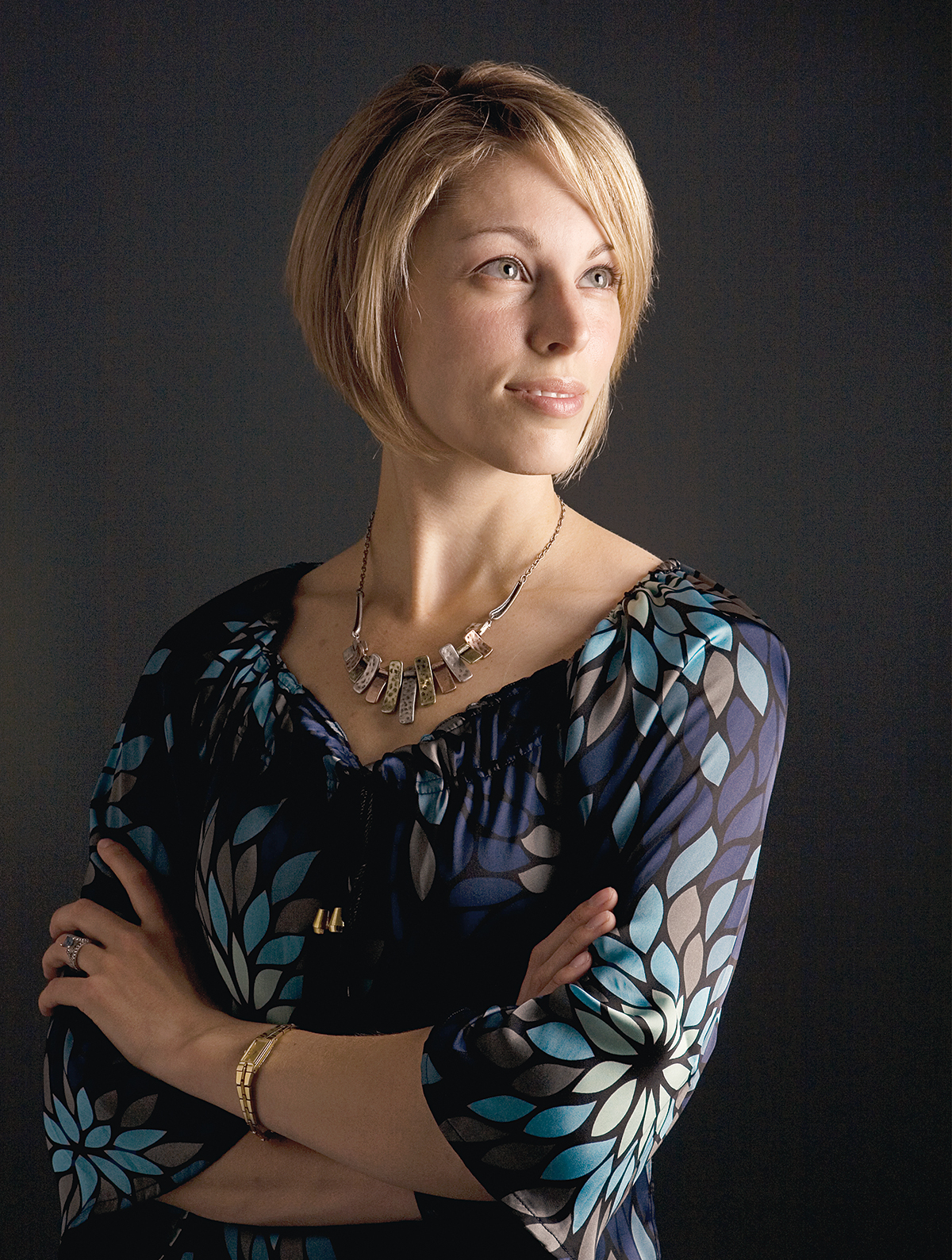
Photograph by Dana Smith
ANDREA GIRNIUS
Vitals: Fourth-year at BU, 25, from Cincinnati
Going into: Anesthesiology and critical care
Ten years from now: “Working at an academic medical center that helps the underserved, and balancing that with a family”
“The coverage of the ‘death panels’ really upsets me. That controversy will make people more leery of having an end-of-life conversation with their doctor in the first place—a conversation everybody should have. There’s nothing worse than seeing someone who’s not in the right mindset to make medical decisions, and their family is dealing with their own grief and having to make the decision for them. A lot of doctors are hesitant to raise the issue because they don’t want to seem like they’re giving up. I know people who are great, great doctors, but they never have end-of-life discussions. I think they’re just too nice.”
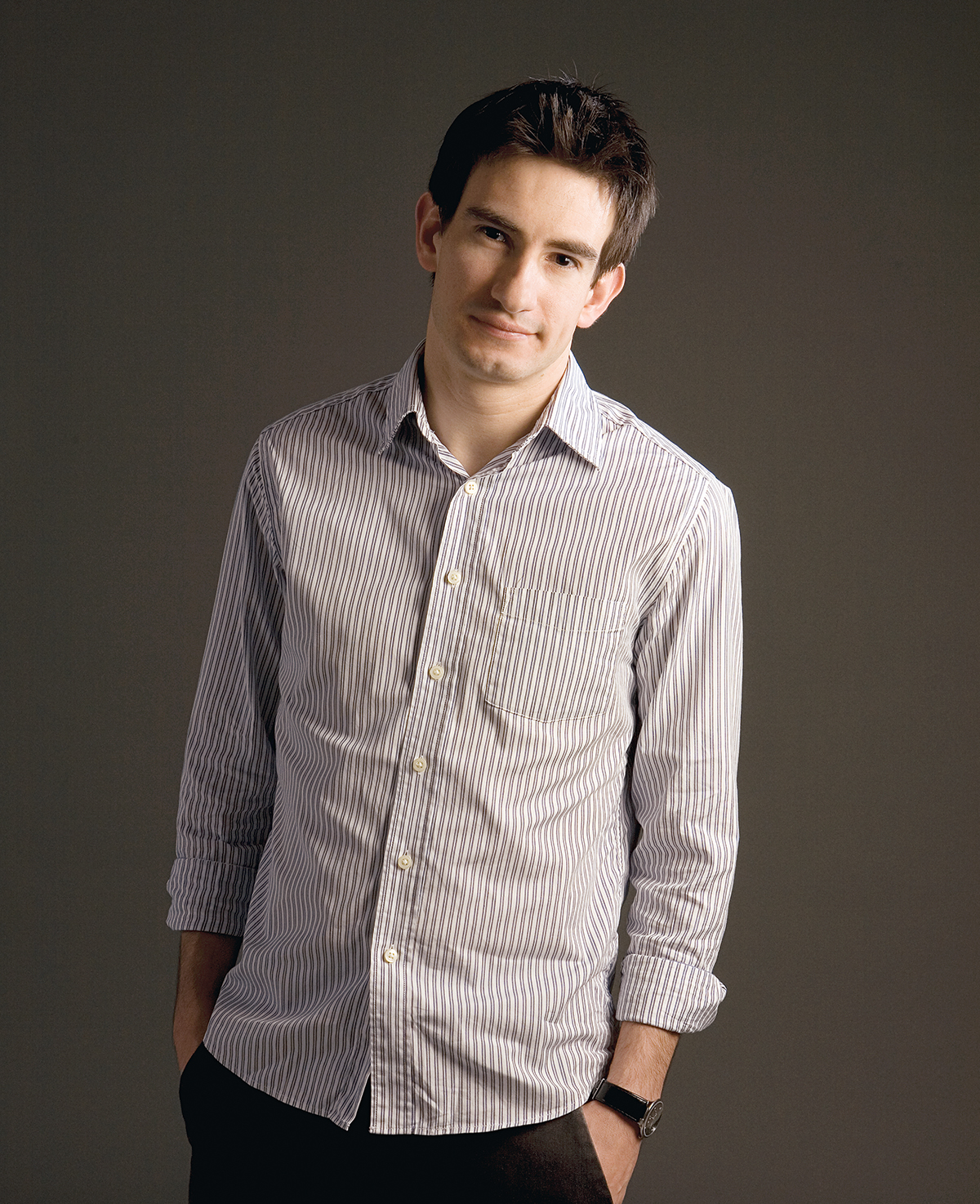
Photograph by Dana Smith
JOHN CUARON
Vitals: Fourth-year at BU, 26, from Denver
Going into: Radiation oncology
Ten years from now: “Balancing patient care with cancer research”
“My mother had breast cancer when I was really young, and we didn’t know how she was going to do or how long she was going to live. She’s fine now, but the treatments were pretty tough on her and our family. So cancer was frightening: It was the unknown. In college I started to see that kind of uncertainty and fear as a formidable opponent. I wanted to know more about cancer, rather than run away from it.
Radiation oncology is also very team-oriented, and I’ve been on teams all my life—I was a runner in junior high and college. My field is definitely a small, competitive one, and it seems to be getting more popular every year. But it’s something that I’ve set my sights on, so I’m not letting that get to me.”